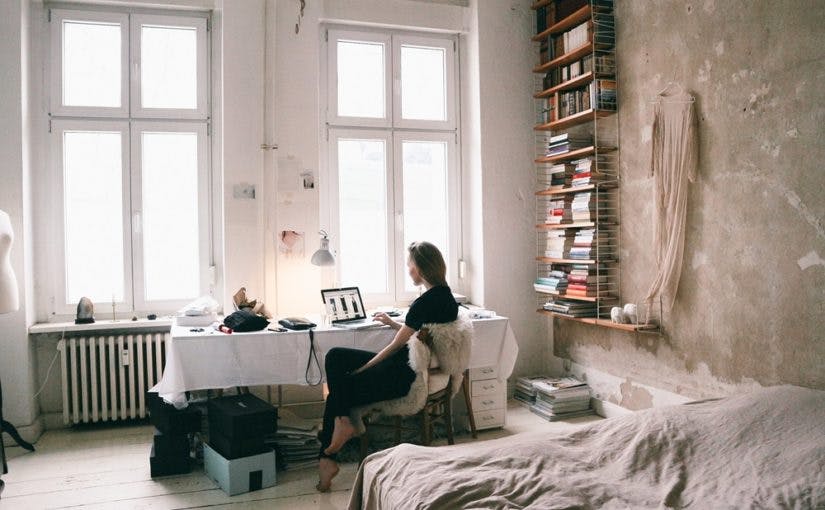You are excited for all the adventures ahead on your international study journey but you have one major to-do to cross off your list: Accommodation.
Study abroad students have their fair share of options when it comes to housing. Some choose to stay on campus in a dorm room, others choose to take advantage of home stays and then there are those that go looking for their very own apartment.
With a new country, a new language and a completely new environment to factor into the equation apartment hunting abroad can be particularly intimidating. So what are the top tips for finding the right apartment while you're overseas? Let's take a look.
What can you afford to spend on rent each month?
1. Set a budget before you set off
Before you start hunting for apartments, sit down and make a budget. What can you afford to spend on rent each month? What sort of money should you leave aside for utilities and other household expenses? Determining your budget beforehand will ensure you only check out places within your means.
When you do visit new apartments for viewings, ask the landlord what kind of money they expect when you sign the lease. Do you need two month's rent and security deposit? This will vary from country-to-country but asking will help you determine whether or not you need to transfer money overseas to cover the deposit.
2. Pay close attention to location
The most important attribute of your accommodation will be proximity to university. You want to make sure you're within a reasonable distance to school (or at least to a bus or train that can take you there).
If an apartment isn't walking distance to your university, check that there is public transport close by.
However, it's also worth considering other key locations. Is there a grocery store nearby? Do you have a local convenience store? If there's no washing machine in your apartment, is there a laundromat close by? It's important to ensure you're in a location that meets all your needs. Having excessive travel times to key areas will only be a headache for you during your international study experience.
3. Research safe areas
Speaking of location: You want to make sure you are living in a safe area. Every country has it's share of dodgy spots. Before you start apartment hunting, talk to some locals about different locations in the area. They'll have the best sense of what's safe and what isn't. This is very important as less safe places will often have spaces available at lower prices and can be tempting to take from a budget standpoint. Knowing you've done your due diligence on this will also put your family at ease.
42% of parents would consider study abroad for children, says HSBC report, with Australia climbing up the ratings to second, behind the US as the most favoured destination. @ThePIENews - https://t.co/vjaDScBpzO pic.twitter.com/w4jgHQmeQi
— Cohort (@_cohort) December 11, 2017
How can we help?
We know arriving in a new country can be scary - even without having to figure out where you're going to live. Cohort Go can help alleviate some of the stress by connecting you with temporary accommodation when you arrive. Knowing that you have somewhere to sleep off the jet lag while you find a more permanent arrangement can make all the difference in the world.
Let us help you get your journey off to a flying start. To learn more about how we can help reach out to our team today!





